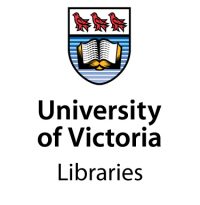by Audrey Tung
M.A. thesis, Department of Geography
Abstract:
Household food insecurity is a persistent yet hidden problem in wealthy nations such as Canada, where it has in part been perpetuated through discourses and practices at the local scale. Drawing upon archival materials, participant observation of local food programs, and semi-structured interviews with food program clients and community facilitators, this study analyzes the ways in which household food insecurity has been framed within the context of Richmond, British Columbia. The study’s findings suggest that discourses organized around the production and (re)distribution of food, rather than income inequality, have misdirected household food insecurity reduction activities away from the central issue of poverty. The present study therefore helps to draw attention to overlooked income-based frameworks, especially approaches that highlight the importance of political economy. It reinforces the inextricable link between health outcomes and the inequitable distribution of economic resources and political power – things that have become lost or concealed in various discourses on household food insecurity.
To read more, visit UVicSpace.
*UVic’s open access repository, UVicspace, makes worldwide knowledge mobilization possible. Through this platform, researchers at any institution have access to dissertations (and theses and graduate projects) published by our graduate students. This also makes works available to the interested layperson, who may be engaged in learning more about the research being done at UVic, with no paywall. UVic’s graduate students are doing valuable research every day – but sometimes it goes unsung. Our goal with this series is to shine a light on our students by featuring excellence, one achievement at a time.
The UVic LIbraries ePublishing Services Team
